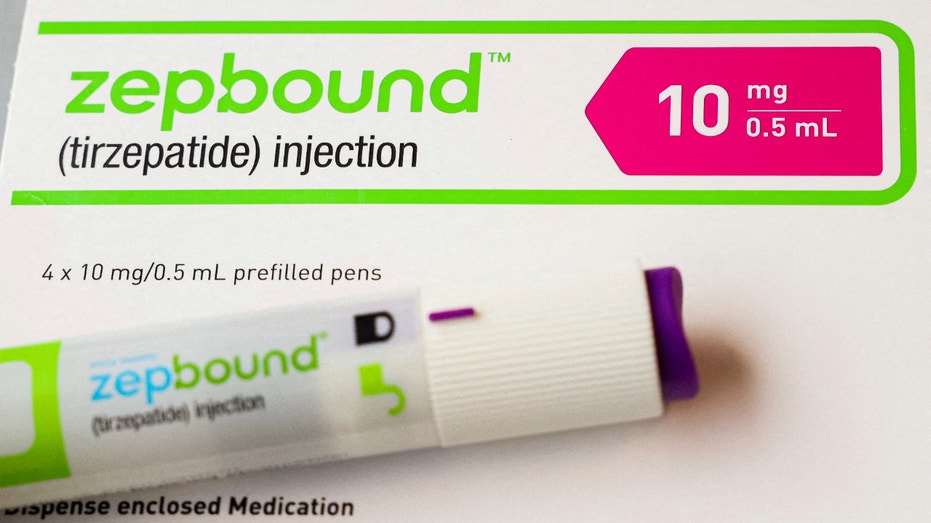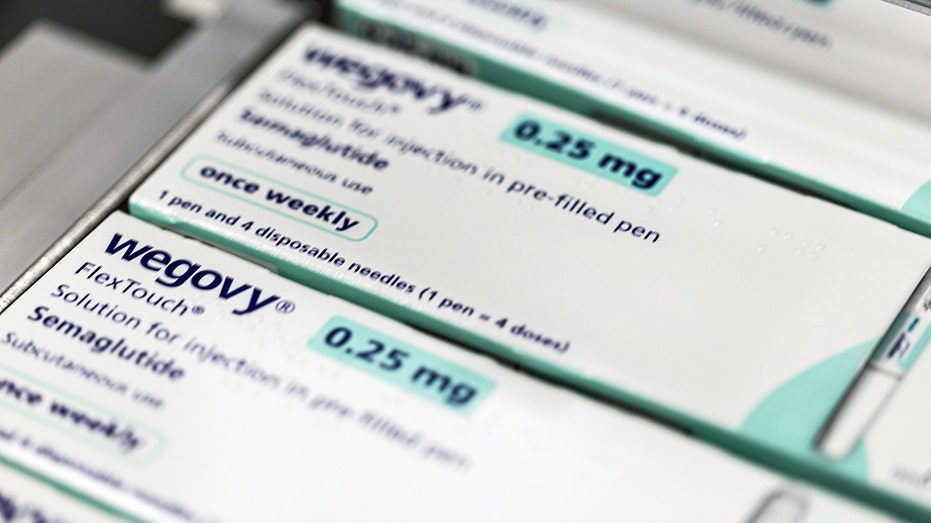Roche is the latest company trying to tap into the highly lucrative weight-loss drug market by fast-tracking its own candidates.
The pharmaceutical giant said that its CT-388 drug is now entering the phase two trial and its CT-996 drug will be moving toward phase two trials next year “based on the encouraging data.” Both come in the form of a pill rather than an injection.
“We are fast-tracking the clinical development of our obesity portfolio with the aim to bring these medications to patients faster than anticipated. We will communicate updated timelines when appropriate,” a Roche spokesperson told FOX Business.
PFIZER ADVANCES ONCE-DAILY WEIGHT-LOSS PILL IN ONGOING STUDY
CEO Thomas Schinecker told the Financial Times in an interview published Monday that the company’s first drug could be available “significantly faster than people are expecting” and even hit shelves by 2028.
In May, the company published positive results of an earlier study of its CT-388 drug where all participants treated with the drug lost over 5% body weight at week 24, according to the data. However, 45% of the participants lost over 20% of their body weight.
HIMS & HERS ROLLS OUT WEIGHT-LOSS SHOTS MUCH CHEAPER THAN OZEMPIC, WEGOVY
Roche’s news comes shortly after Pfizer announced plans to advance its weight-loss pill after “encouraging” results from an early-stage study.

Health platform Hims & Hers Health Inc. also rolled out its own injectable weight-loss drugs.
The companies are trying to gain a foothold in a market currently dominated by Novo Nordisk and Eli Lilly, whose weight-loss drugs, otherwise known as GLP-1 agonists, have spurred a frenzied demand.

GLP-1 agonists are a class of Type 2 diabetes drugs that improve blood sugar control but may also lead to weight loss. Semaglutide, which is the active ingredient in Novo Nordisk’s Wegovy and Ozempic, as well as tirzepatide, which is the active ingredient in Eli Lily’s Mounjaro and Zepbound, are considered GLP-1 drugs.
Morgan Stanley analysts projected that the global obesity drug market will reach over $100 billion in 2030 but could climb as high as $144 billion, especially as their use expands beyond weight loss to help treat other diseases.
There were $6 billion in sales alone in 2023.
Read the full article here











